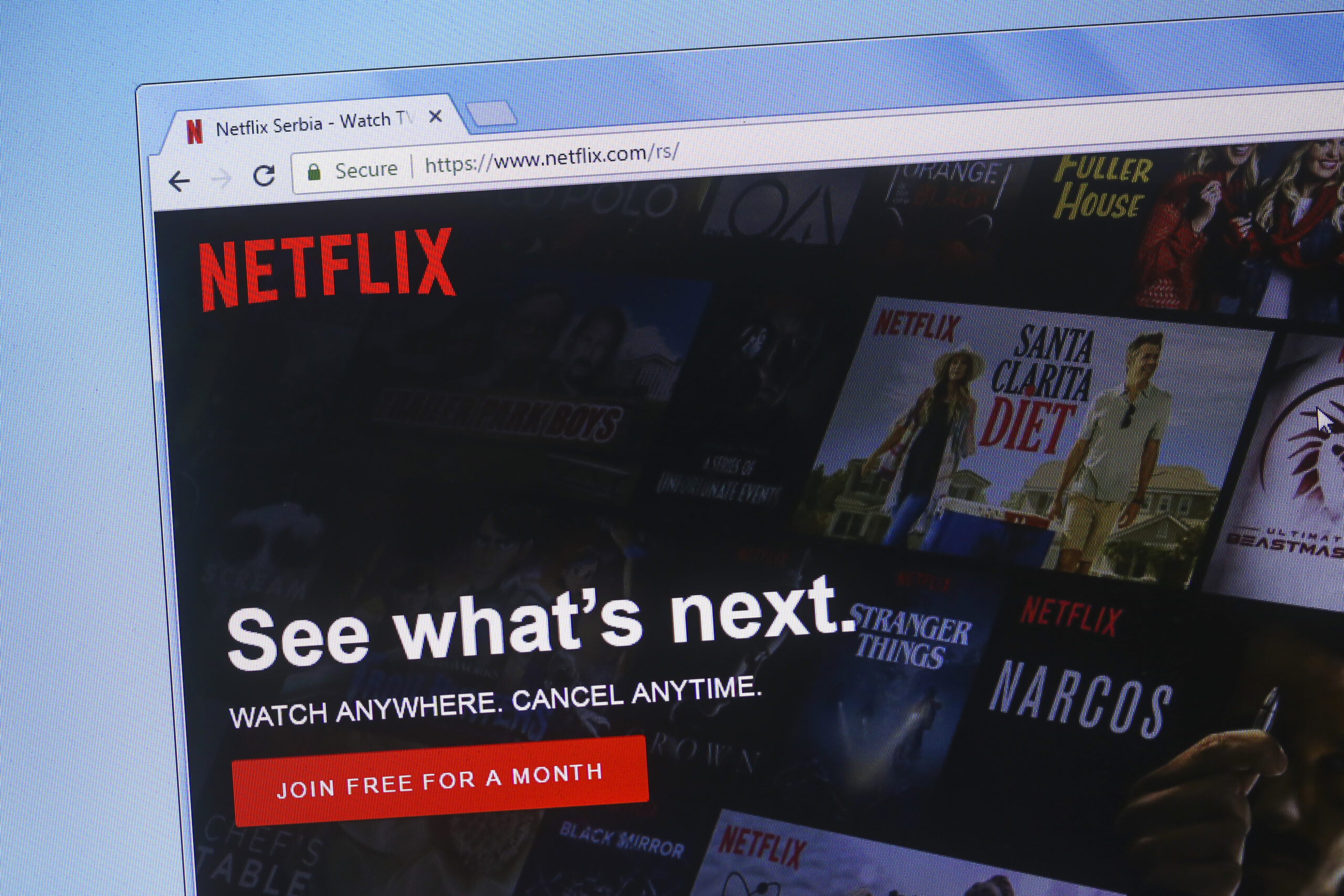Netflix’s Tudum layoffs have big DE&I implications
The layoff of the streaming platform’s diverse team sent ripples through the DE&I space.

Netflix did everything that DE&I advocates asked for when staffing its brand journalism venture, Tudum
The company hired a diverse cohort, mostly people of color and/or women. It gave them generous pay and creative freedom to speak to audiences from their individual, unique perspectives.
Then, after less than a year, Netflix laid them off.
After the plug was pulled, employees began speaking to the media, most on condition of anonymity.
“This was one of the most diverse teams that I have worked on in media,” one person told The Daily Beast, “and I feel like this is honestly kind of a textbook thing where they put a Black woman (Editorial and Publishing Manager Evette Dionne) in charge of something that they know they’re not going to support — that they know they’re going to sabotage — and then just let it fail.”
“They went very out of their way to hire high level journalists of color who have quite a bit of name recognition and a lot of experience and talent,” another member of the team who was let go told NPR. “In some ways, they were just buying clout to lend credibility to their gambit.”
There are a variety of lessons to be learned from Tudum’s downfall. One of the most important takeaways is around what hiring for diversity truly entails – and the reputational impact of laying off diverse teams that were never truly set up for success in the first place.
Diversity was not the problem
Let’s be clear about what you shouldn’t do in the wake of Netflix’s layoffs. We shouldn’t abandon our commitments to diversity. You shouldn’t be frightened of hiring talent from all walks of life because you fear the backlash from making a difficult decision to let one or more go.
Instead, the lesson should be the exact opposite.
When you truly weave diversity into the fabric of your companies and enmesh people of various backgrounds into each department, you protect against backlash like this. Diversity cannot exist primarily as statistic to trot out in annual reports or to be trumpeted in hiring press releases. Instead, you must make it a bedrock principle to ensure that, in the unfortunate times when hard decisions must be made, they do not fall disproportionately on diverse staffers.
To Netflix’s credit, the company has made strides with its overall diversity staffing. In 2021, Netflix reported that half its U.S.-based staff belonged to one or more historically excluded racial or ethnic group, including 10.7% Black employees and 8.6% Hispanic or Latino employees. While these numbers individually are still below the U.S. demographics – according to the 2020 census, 12.4% of Americans identify as Black and 18.7% as Hispanic or Latino – they’re big improvements over their 2020 numbers.
Unfortunately, those numbers are still small enough to make it noticeable when a majority-diverse department is shown the door.
Setting up diverse teams for success
It’s also a problem when those staffers are seen as being in a peripheral department – marketing, rather than a core Netflix area like programming of either the video or the coding sort – and as lacking the resources needed to thrive. While Netflix may have improved its hiring practices, that still doesn’t mean it’s treating all employees equitably – a fine yet important line.
While Netflix hired a talented team for Tudum, The Daily Beast reports that the team didn’t have other resources they needed:
It didn’t seem great, for instance, that no one at the top apparently thought to have a Twitter account for Tudum ready at launch — or, really, to promote Tudum and its content at all. The content management system couldn’t embed trailers or tweets, and the site launched without author pages or an archive. How did Netflix, a company with a small army of engineers at its disposal who specialize in keeping eyeballs on screens, think this would work?
Coupled with Netflix pulling the plug after just seven months, it appeared that beyond hiring, the initiative had low support.
Finally, if you want to reap the positive PR benefits from hiring a diverse staff, be prepared to contextualize in your messaging why a large number were laid off from the company. Netflix’s only public statement on the move was a curt: “Our fan website Tudum is an important priority for the company.”
No thanks to the employees. No recognition of what they’d brought to the table.
Such moments are the time to prove your commitment to diversity by giving teams the resources they need to succeed while communicating open and honestly when things don’t go well.







